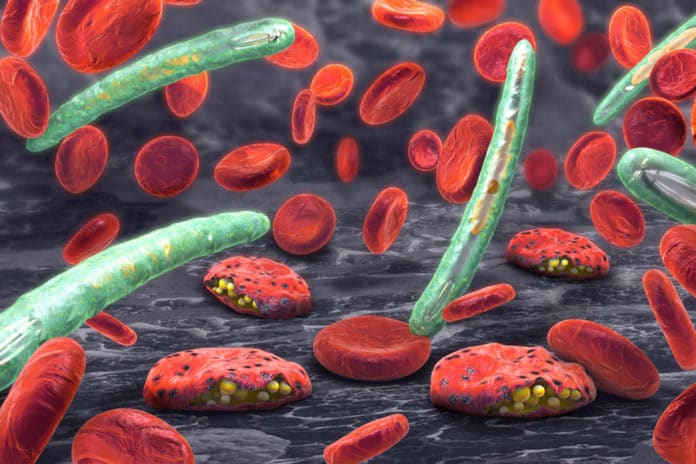Malaria, which affects more than 200 million people worldwide, is a life-threatening disease. Existing antimalarial drugs can treat the infection, yet the parasite the causes Malaria has evolved resistance to many of them.
An enzyme called ‘acetyl-CoA synthetase’ is essential for parasite survival. According to MIT scientists, this enzyme could be the next potential target for Malaria drugs.
What’s more, scientists have also identified two compounds that could block this enzyme. These compounds could be used in developing effective malaria drugs.
Jacquin Niles, a professor of biological engineering at MIT, said, “These compounds provide a possible starting point for optimization and an understanding that the target is druggable, potentially by other molecules with desirable pharmacological properties.”
“We have had some effective antimalarial drugs, but eventually resistance becomes an issue, so a big challenge is finding the next effective drug without immediately running into cross-resistance problems.”
Scientists identified these two drugs in a large-scale drug screen in 2018 that appears to block this enzyme. Understanding the mechanism of such drug candidates can help scientists during optimization and uncover potential drawbacks early in the process.
Using various experimental techniques, scientists discovered the target of the two compounds.
During one of the experiments, scientists generated resistant versions of Plasmodium falciparum by repeatedly exposing them to the drugs. After sequencing the genome of these parasites, it was found that mutations in an enzyme called acetyl-CoA synthetase helped them to become resistant.
In other studies like metabolic profiling, genome editing, and differential sensitization using conditional knockdown of target protein expression, scientists confirmed that the two compounds inhibit this enzyme.
The enzyme called Acetyl-CoA synthetase accelerates the production of acetyl-CoA, a molecule that is involved in many cellular functions. This new study suggested that one of the drug candidates binds to the enzyme’s binding site for acetate, while the other blocks the binding site for CoA.
Scientists also found that in Plasmodium falciparum cells, acetyl-CoA synthetase is located primarily in the nucleus. This and other evidence led them to conclude that the enzyme is involved in histone acetylation.
Scientists noted, “Existing malaria drugs don’t target acetyl-CoA synthetase. It appears that the identified compounds preferentially bind to the version of the enzyme found in the malaria parasite, making it a good potential drug candidate.”
Charisse Florida Pasaje, a senior postdoc at MIT, said, “Further studies need to be carried out to assess their potency against human cell lines, but these are promising compounds, and acetyl-CoA synthetase is an attractive target to push forward into the antimalarial drug discovery pipeline.”
Journal Reference:
- Robert L.Summers et al. Chemogenomics identifies acetyl-coenzyme A synthetase as a target for malaria treatment and prevention. DOI: 10.1016/j.chembiol.2021.07.010
